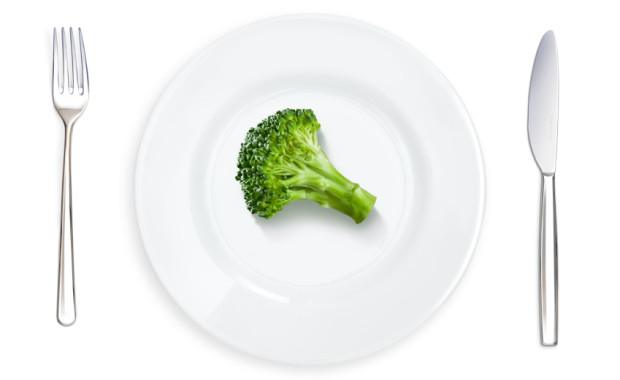“Let food be your medicine and let medicine be your food.” Hippocrates
The Bottom Line
What is calorie restriction?
- It is a dietary regime that involves restricting calories whilst still getting adequate nutrients (in the hope that it increases lifespan).
Where are we at with calorie restriction studies?
- Studies on other species (flies, worms, fish and rodents) have shown that calorie restriction extends lifespan and slows down ageing, although studies on humans and nonhuman primates have produced mixed results.
- There is currently no straightforward answer to the question of whether calorie restriction in humans extends lifespan because there haven’t been any formal studies on humans.
- The effects of ‘Calorie Restriction’ in primates are complex and seem to depend on environmental, nutritional, and genetic factors.
- There is a group of people who belong to the Caloric Restriction Society and who restrict their food intake in the belief that it will protect them against some of the disease processes which are responsible for ageing.
A brief history and update on calorie restriction
Interest in calorie restriction (CR) first started in 1935 when Professor McCay, a biochemist at Cornell published a paper saying that an overall reduction in calories was associated with increased longevity in rats.
His team had originally been studying the effects of retarded growth on lifespan in rodents; they were surprised to find that a CR diet in rats not only retarded growth, but also extended lifespan and was associated with a reduction in cancers.
Setting a precedent in nutrition, cancer and ageing research
These groundbreaking studies in the 1930’s paved the way for further research into the relationship between nutrition, cancer, and ageing.
(As an aside, McCay also found that adding fluoride to the drinking water of rats created tooth decay and kidney cell breakdown).
1940’s to 1950’s
It was thought that CR would be difficult for humans to carry out (because of the apparent abundance of food in society at that time – little did they know that the profusion of food would become pathologically pervasive one day).
So as an alternative to CR, intermittent fasting was used in studies on rodents to reduce calorie intake.
Lo and behold, intermittent fasting – even without restricting calories – also led to an increase in lifespan and a reduction in cancers.
1950’s to 1970’s
Hundreds of studies conducted showing CR slows aging in yeast, flies, worms, fish, mice and rats.
Studies on Non Human Primates (NHP) in the 1980’s
There have been two big ongoing studies on nonhuman primates, which have produced markedly different results.
One was initiated on rhesus monkeys in Wisconsin in 1989; it showed that CR extended their lifespan and delayed the onset of diseases associated with old age.
The other study, also on rhesus monkeys, was conducted at the National Institute of Aging (NIA), and in contrast to the Wisconsin study, did not produce significant survival effects.
Differences between the two nonhuman primate studies
There were big differences in the composition of the diets – the source of the foods, the type of food and the vitamin contents were all dissimilar.
If you are interested in the specific details of the studies click here for more information.
Calorie Restriction in humans (or CRAN as it is sometimes referred to – Calorie Restriction with Adequate Nutrition).
There are a group of people who belong to the Caloric Restriction Society who are restricting their food intake because they believe that CR will protect them against the disease processes responsible for ageing.
Data from members of this Society show:
1) Calorie restriction in humans reduces the risk of developing Type 2 diabetes and atherosclerosis (which are associated with heart attacks and strokes).
2) Calorie restriction produces some of the beneficial biological effects that occur in calorie restricted laboratory animals.
Have a look here for more information.
Conclusions
The effects of CR in long-lived primates are complex and probably depend on environmental, nutritional, and genetic factors.
CR in other species is almost universally associated with an increase in life span.
Recent studies have shown that the complex interaction between methionine and other amino acids might be conferring some of the benefits of CR (amino acids are the building blocks of proteins).
Have a look at methionine restriction (MR) for the latest evidence on MR and longevity.

